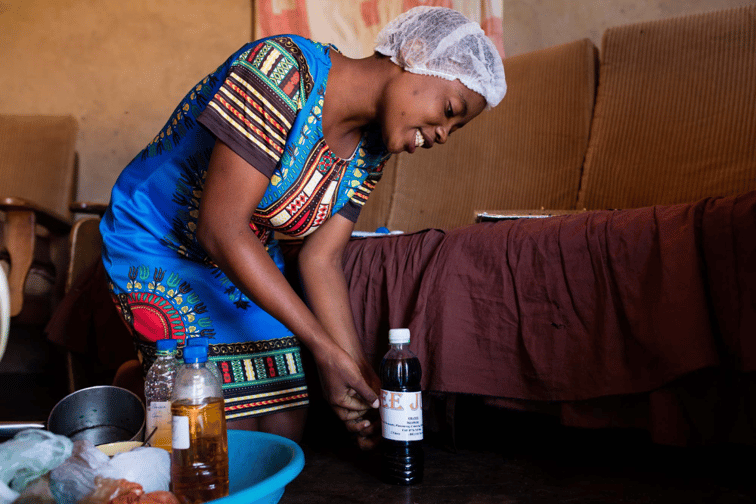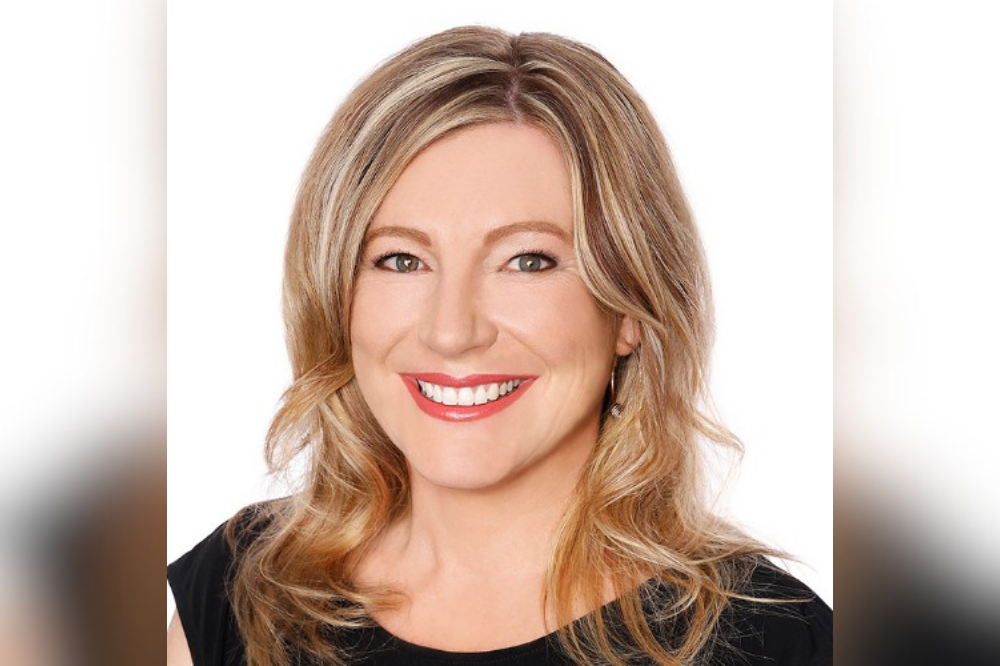

A mortgage broker has funded more than 200 small businesses worldwide through a program that turns brokers into lenders that help traditionally excluded communities.
Joanne Nugent (pictured below), a Brisbane-based Mortgage Choice broker, provides a US$25 loan plus a donation to a small business owner for every loan settled through her brokerage.
Since July 2018, Nugent has helped fund 212 small businesses in over 53 countries through the Kiva microloan platform.
“These loans prominently help women who are establishing themselves to be financially independent and to supplement the income earned by the husbands to provide their children a better start in life,” Nugent said.

Kiva is an online platform that connects lenders with borrowers in developing countries.
The platform works with a network of microfinance institutions (MFIs) to identify and vet borrowers and once a loan is funded, the MFI disburses the funds to the borrower and collects the repayments.
Nugent said most of these small business owners did not have access to small business lending such as in Australia.
“There is no local bank or financier for them to borrow from – so KIVA provides a means by which they can access funds to invest in their business – whether it be to buy a dairy cow, repair their machinery, or buy new nets for their fishing boat,” Nugent said.
The mantra of Kiva is that “it’s a loan, not a donation” allowing businesses to cycle money as a lender would.
“Some people comment that ‘Oh it's a loan? I thought you gave them the money’ – but the fact is that Kiva loans give people the power and resources to build the life they choose – and for many it's about being independent and not just receiving charity,” Nugent said.
“I have actually re-lent to a few borrowers as they continue to expand their business ventures and/or as they require additional funding. And the beauty of the model is that as loans are repaid you can lend the money back out to others who need it.”
For example, Nugent helped Lindiwe (pictured in main photo, and below), a 22-year-old entrepreneur from rural Zimbabwe. She started her own juice and soda business, Lee Juice, with a $500 loan from Kiva.
Lindiwe's business was inspired by the thirsty labourers working at the mine near her village. She knew that they needed a refreshing and affordable drink, so she started making her own juice and soda from scratch. She priced her products at half the price of national and international brands, and her business quickly took off.
“The loan boosted this business up. I used to make only 20 litres a week, only 20,” Lindiwe said in an article by Kiva. “Now I’ve expanded to 200 litres a week.”
Another important aspect of Kiva is that it’s not just for small businesses. Many loans are made for education, medical needs, and housing – and not just for individuals.
Nugent said there are opportunities to contribute to much larger funding initiatives such as providing larger communities with infrastructure such as clean water or community hubs.
“And for some initiatives there are funding partners who will match what is raised by contributors such as myself,” Nugent said.
As any lender will attest, there still exists a risk that borrower will not repay the interest-free loan.
However, the risk is small with Kiva borrowers having a 96% repayment rate out of $1.6 billion worth of loans from 1.9 million lenders.
Nugent said it was fine by her even if she didn’t get the funds back.
“Receiving the repayment to re-lend the funds to someone else is just a bonus,” Nugent said.
“These crowdfunded microloans are a force for good, creating a space where people can have one-to-one impact, and together, expand financial access for all – in other words with lots of people making a small capital contribution, it makes a significant impact to those who receive the funding.”

Nugent urged other brokers to consider becoming an SME lender through Kiva.
“It’s so easy to sign up and you know where your money is going as you decide who you want to support and why. Choose your impact, from gender equity to organic coffee farming, and support a real person,” Nugent said.
“Do a lot with a little and make a big impact even if you don’t have much to give.”
Get the hottest and freshest mortgage news delivered right into your inbox. Subscribe now to our FREE daily newsletter
